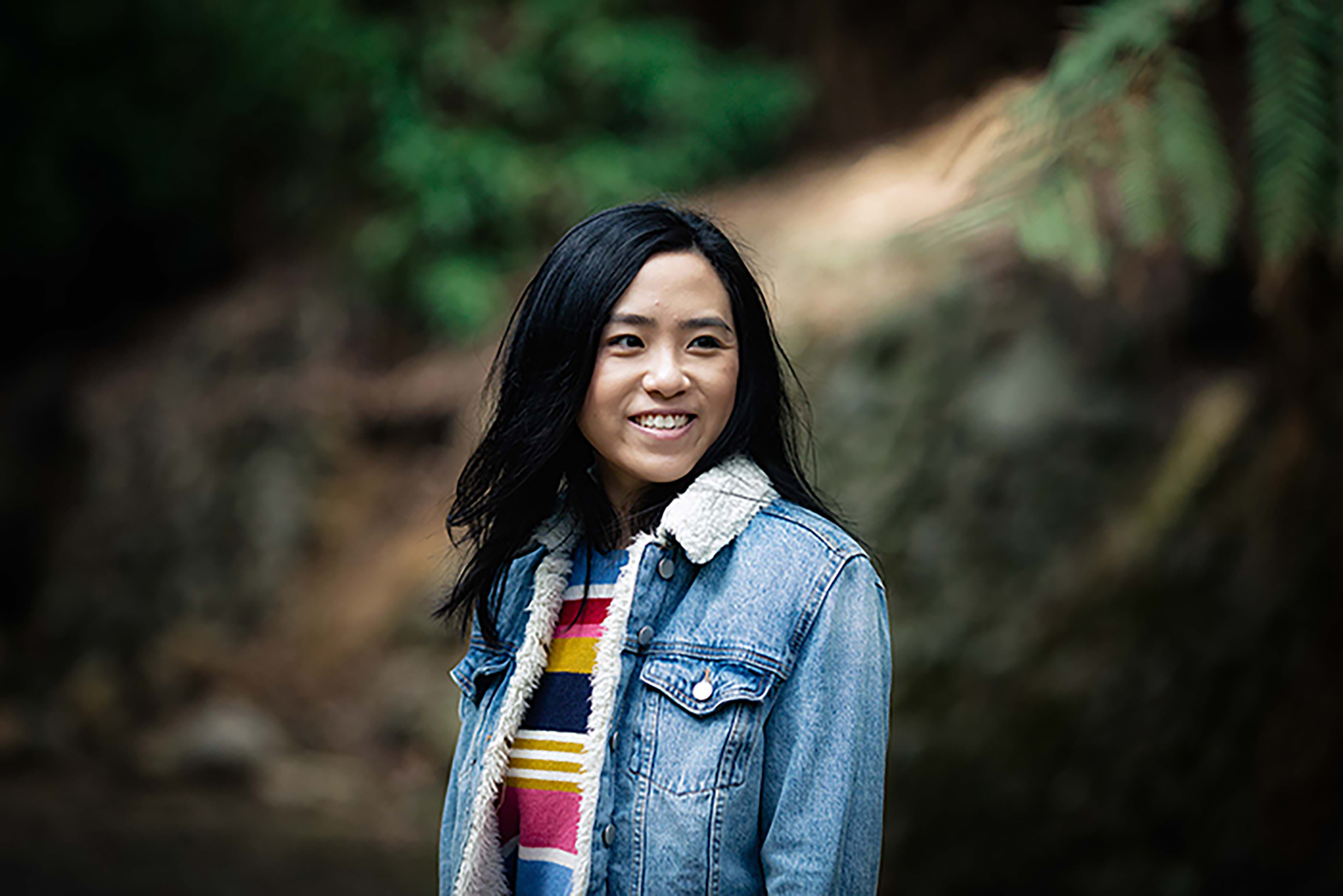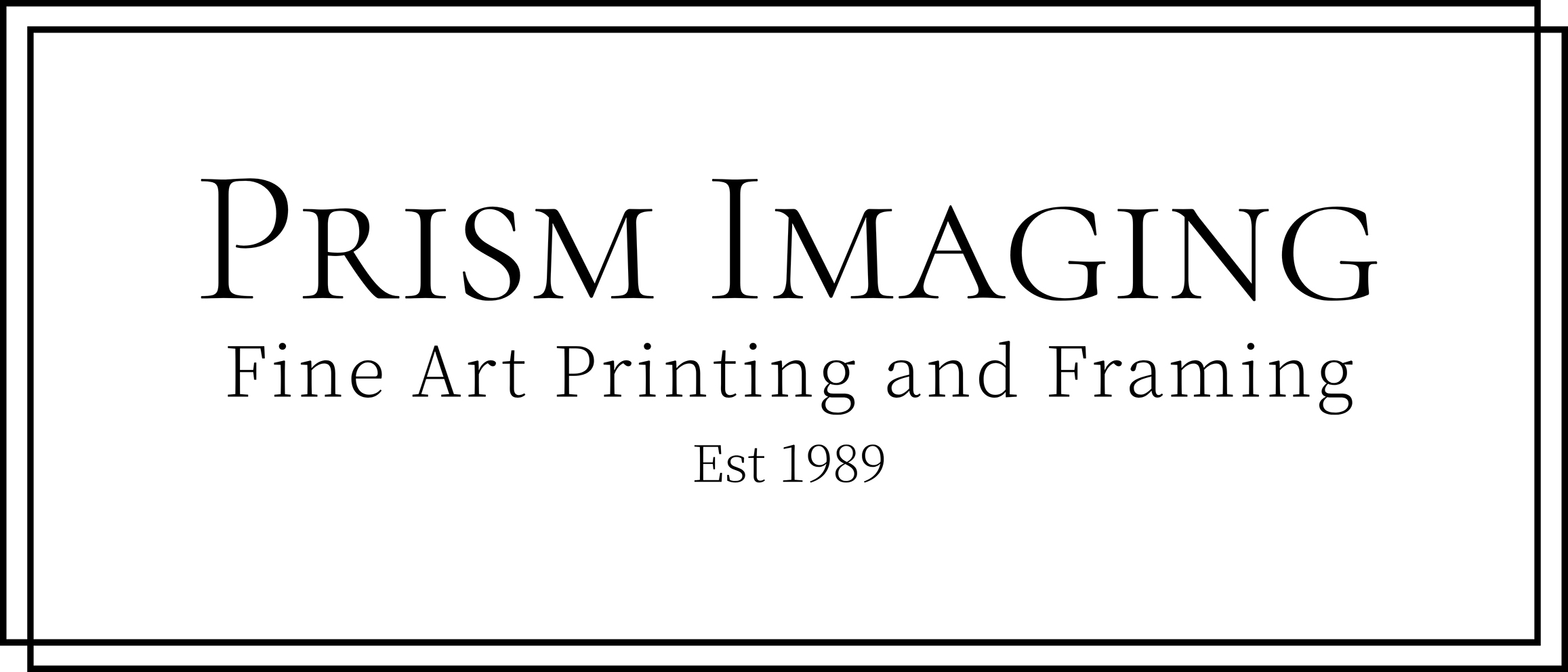Jane Zhang is a Melbourne based photographer who focuses on street and documentary style photography. Her dark imagery brings a sense of moodiness which ignites the viewers curiosity and allows them to stop for a moment and appreciate these small, everyday scenes which would normally slip by unnoticed. By providing a lens for us to witness these seemingly unimportant moments it shines a light on the imperceptible magic that happens all around us.
Can you choose three words that best describe you?
I think currently the three words would be: Curious. Optimistic. Thoughtful.
Tell us about your journey with photography and what lead you to street and documentary photography?
My dad had an old canon 400D, and when he gave it to me to play with many years ago I fell in love with photography instantly. I photographed mainly landscapes when I first started, but as time went on, I began to realise that the real inspiration for me lies in people. What drives me and inspires me as a photographer is the human spirit and emotions. It provides the blueprint to my images.
With a camera in my hand, I am always grateful for the privilege I have to quietly observe our world, and document our histories. Photography for me isn’t really about myself, but about the people in front of my camera. I have a special affinity for street and documentary photography because this genre of photography allows me to capture the essence and the emotional truth of each story. My ambition is to produce images that have heart, and to be both poignant and uplifting. Hopefully through the stories I tell I could bring meaning and purpose to the seemingly small and insignificant moments that are easily overlooked and forgotten. I enjoy the unpredictability and versatility of street photography, and the opportunities to inspire compassion and change through documentary photography. It is exciting and it challenges me everyday.

Can you share a favourite moment that you have photographed?
Love is a recurring theme in my photographs. It’s one of my favourite emotions to capture. I have so many favourite moments where I have captured love in a fleeting moment, such as between partners and parents and their children. I recently photographed a father trying to play with his toddler, and while the mother was getting the pram ready, he gave the toddler a tender kiss. It really warmed my heart to be able to be there, in that chance encounter, and witnessing such a poignant moment.
Can you tell us how you shoot in the streets? Do you pre-visualise and anticipate or is it spontaneous? What determines the right moment to hit the shutter for you?
For me, pre-visualising and anticipating a particular scene is crucial in getting a moment on the streets. Everything happens extremely quickly and in a split second, you have to know what to photograph and how. If I see a person I really want to photograph, I immediately think about how I am going to compose the image, and sometimes, that means having to chase or wait for that person to move into a suitable backdrop/scene. At the same time, I also keep an awareness of all the activity and movements around me. This allows me to compose images that have multiple elements, layers and moments.
When I am looking for moments. The most important thing for me is the emotion. If I am feeling connected to a moment, that is when I will be compelled to click the shutter. I then consider the available light and how to best convey the emotions of a scene in the most impactful and creative way.

Through your use of space and light, your images have a sense of quiet and a contemplative feel within them. Is this a conscious or unconscious decision? Are the images you take affected by your own emotions or the feel of the environment you are in?
Thank you for such a thoughtful description of my style! When I am roaming the streets, I do look for moments and scenes that speak to my heart and my feelings. I think in a way, I am consciously photographing something unconsciously, if that makes sense. I rely heavily on intuition. A big inspiration for my style of photography is cinema. I am often incredibly moved by how multiple elements for a particular frame in a film – the characters, the lighting, the setting, could interact and complement one another to create a specific emotion. For my street photographs, I often aim to create a similar mood to what I am feeling when I see a particular scene.
You have spoken about being obsessed with documenting our world, our people and our emotions and that you learn more about humankind with each image. What have you learnt about yourself in this process and how has it changed you?
This is a great question. As a street and documentary photographer, my focus and thoughts are often on others and their emotions and I rarely examine my feelings and growth. I think being a photographer who documents humanist stories really taught me to be more observant and empathetic. I am able to sense and perceive people’s emotions more intuitively and this really enables me to convey both their vulnerability and resilience through my images. Being a storyteller has also deepened my curiosity and learning instincts.

You have a few series with specific themes, do you start series with a specific theme in mind or do themes emerge from your work?
This is a very interesting question! I was just contemplating this recently myself. The answer is definitely half and half. Sometimes there are specific ideas and stories I want to convey – such as the love at the airport series, and most recently the Nakbar day and public housing series, and I currently have a couple of projects in the works that relate to social and humanitarian issues that I would like to highlight and bring awareness to.
Normally when I am out doing street photography, I rarely have pre-conceived ideas of what I would like to photograph, and mostly try to keep an open mind and focus on the moment. Over time, I realise that common themes do start to emerge from all the images I have taken. Once I have that common theme, I sometimes would go back out on the streets and specifically look for images that would fit that theme. Currently, I am looking for images that depict love between father and child, I realised that I have taken quite a few of them already!
Can you talk us through your editing process?
When I take photos, I always try to get the image as close as possible to what I envisage in camera – I like to underexpose. My style at the moment is quite dark and atmospheric, with particular colour schemes. Usually the first step would be to decide whether I want this particular photo to be in colour or black and white. The deciding factor for me is often asking myself: why did I take this photo? If it is the colour that pushed me to click the shutter, I would usually keep it in colour. If there are too many distracting elements, and I want to bring the focus on the soul and emotion of the photograph, I would usually opt for black and white.
For most of my photographs, my editing techniques I apply are dark contrasts, deep shadows and lowering saturation and highlights. I try to keep the editing process consistent for all images in order to achieve a particular look and style.

How and where did your interest in running workshops begin? What do you enjoy about running them?
Many people write to me and ask me about how I approach street photography, and how I take and edit my images. I have always been very happy to help fellow aspiring street photographers, and in addition to my blog, I thought workshops would be a wonderful way to teach through practical experience. It is a great way to meet and connect with other photographers too. I really enjoy being part of the street photography community, and workshops is a perfect way to strengthen that bond and sense of community.
What is one piece of advice you have for beginning street and documentary photographers?
Always have a keen eye, a different perspective and bring your camera wherever you go. Moments can happen at the most unexpected times. For me, the most memorable photographs have always happened when I least expected it. You’ll never know when so always be prepared!

Credits
Questions by Stella Nguyen
Edited by Georgia Quinn
Photography by Jane Zhang

